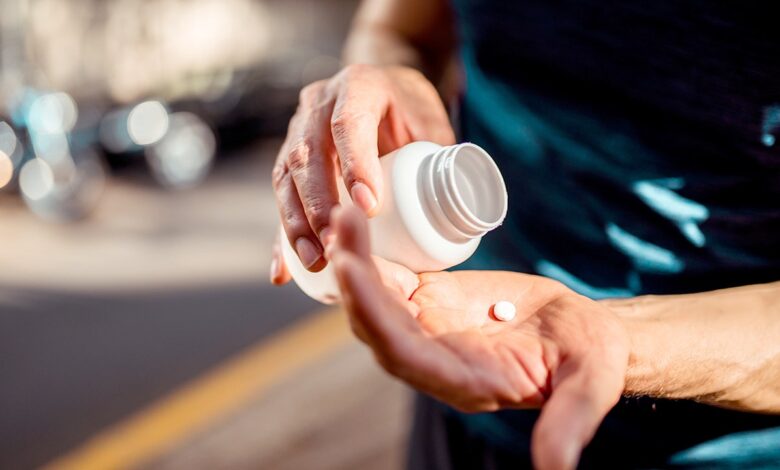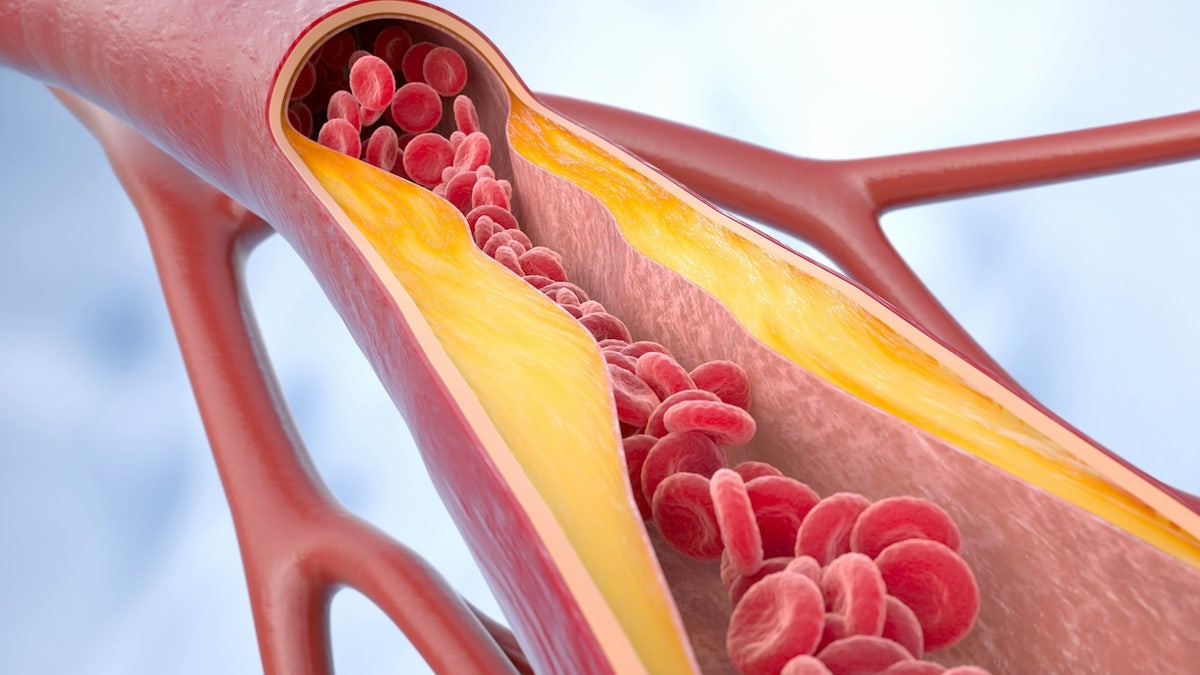New daily pill reduces bad cholesterol by 60% in major clinical study

NEWYou can now listen to Fox News articles!
A new daily pill could reduce bad cholesterol levels by 60%, a new study suggests.
Enlicitide, developed by Merck, reduced “bad” LDL cholesterol by more than half in a global study published this week in JAMA, the journal of the American Medical Association.
The trial, led by Dr. Christie M. Ballantyne of the Texas Heart Institute, involved 59 medical sites across 17 countries.
Heart surgeon reveals what to eat (and not eat) for optimal heart health
The study included 303 adults diagnosed with heterozygous familial hypercholesterolemia (HeFH), a genetic disorder that elevates LDL cholesterol levels and increases the risk of early-onset heart disease.
All participants were already taking other medications or lipid-lowering treatments, but their cholesterol levels remained above target, according to a press release from the researchers.

Heterozygous familial hypercholesterolemia (HeFH) is a genetic disorder that elevates LDL cholesterol and increases the risk of early heart disease. (iStock)
Researchers randomly assigned participants to receive either 20 mg of Enlicitide once a day or a placebo pill.
The trial lasted 52 weeks. By week 24, people taking Enlicitide saw their LDL levels drop by an average of 58%. Those who took the placebo saw virtually no change.
CLICK HERE TO DOWNLOAD THE FOX NEWS APP
The difference between the groups, almost 60%, was statistically significant and the effect remained stable after one year.
After 52 weeks, the Enlicitide group maintained a reduction of about 55%, while the placebo group’s cholesterol levels increased slightly, the release said.
CLICK HERE TO SUBSCRIBE TO OUR HEALTH NEWSLETTER
Other measures of harmful fats also improved, the researchers found. Non-HDL cholesterol fell by 52%, apolipoprotein B by 48% and lipoprotein(a) by almost 25%.
Nearly 97% of participants completed the study, and rates of side effects were almost identical between the two groups. The most common problems were mild and temporary, such as headaches or cold-like symptoms, the researchers said.

All participants were already taking other medications or other lipid-lowering treatments, but their cholesterol levels remained above target. (iStock)
According to the study, HeFH affects about one in 250 people worldwide, and many have difficulty controlling their cholesterol levels, even with intensive treatment.
Current PCSK9 blocking drugs (also called PCSK9 inhibitors) that achieve similar results are injections given every few weeks. Enlicitide could offer a simpler, once-daily oral option.
TEST YOURSELF WITH OUR LATEST LIFESTYLE QUIZ
The researchers cautioned that the results have caveats. The study focused on cholesterol levels and not whether the pill actually prevents heart attacks, strokes or death. These larger outcome studies are still ongoing.
CLICK HERE FOR MORE HEALTH STORIES
The research also only included people with HeFH who were already on other treatments. So it’s not clear how the drug will work in people with more common types of high cholesterol.
Additionally, because the study only lasted one year, long-term safety remains to be proven.
Fox News Digital has contacted Merck for comment.



